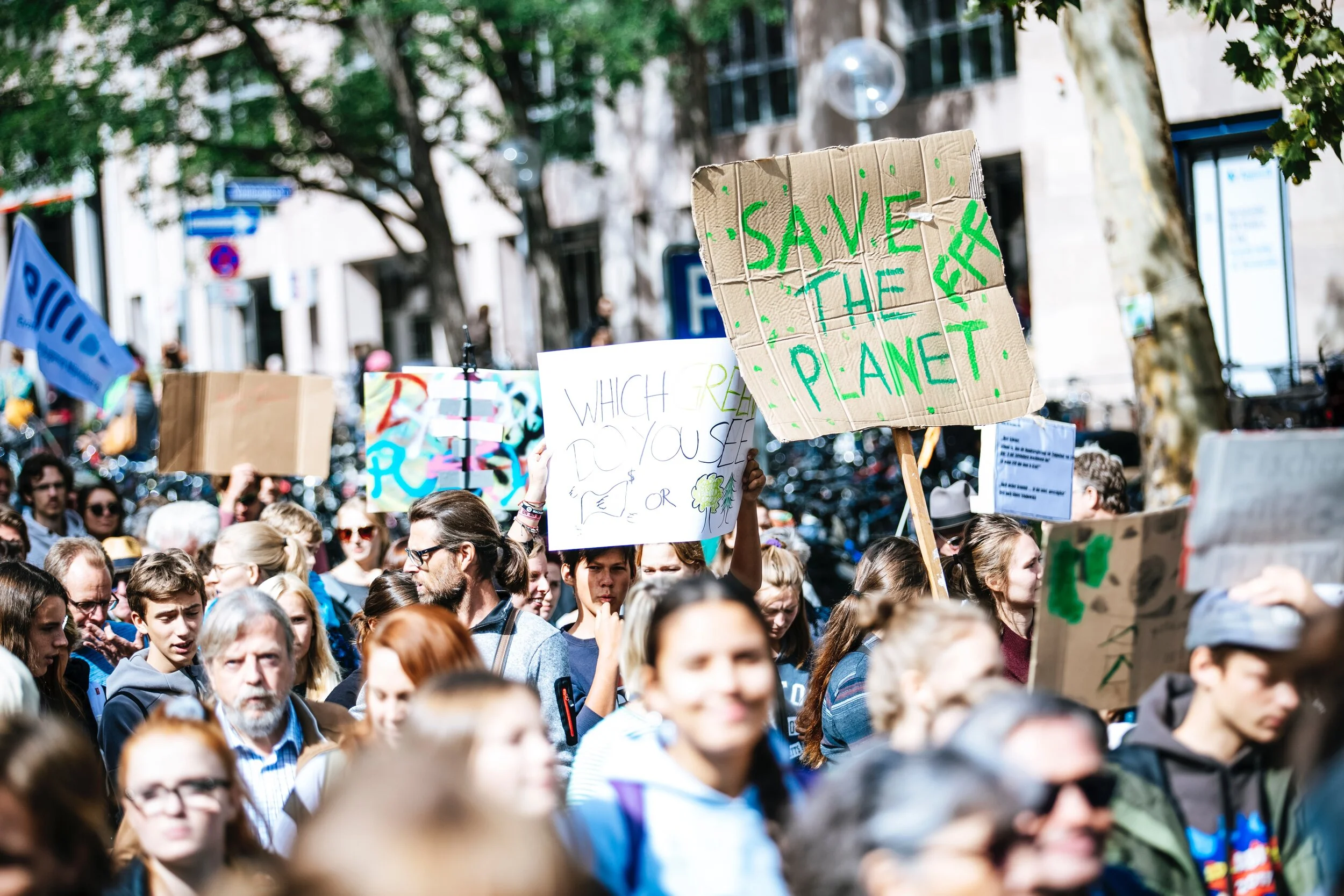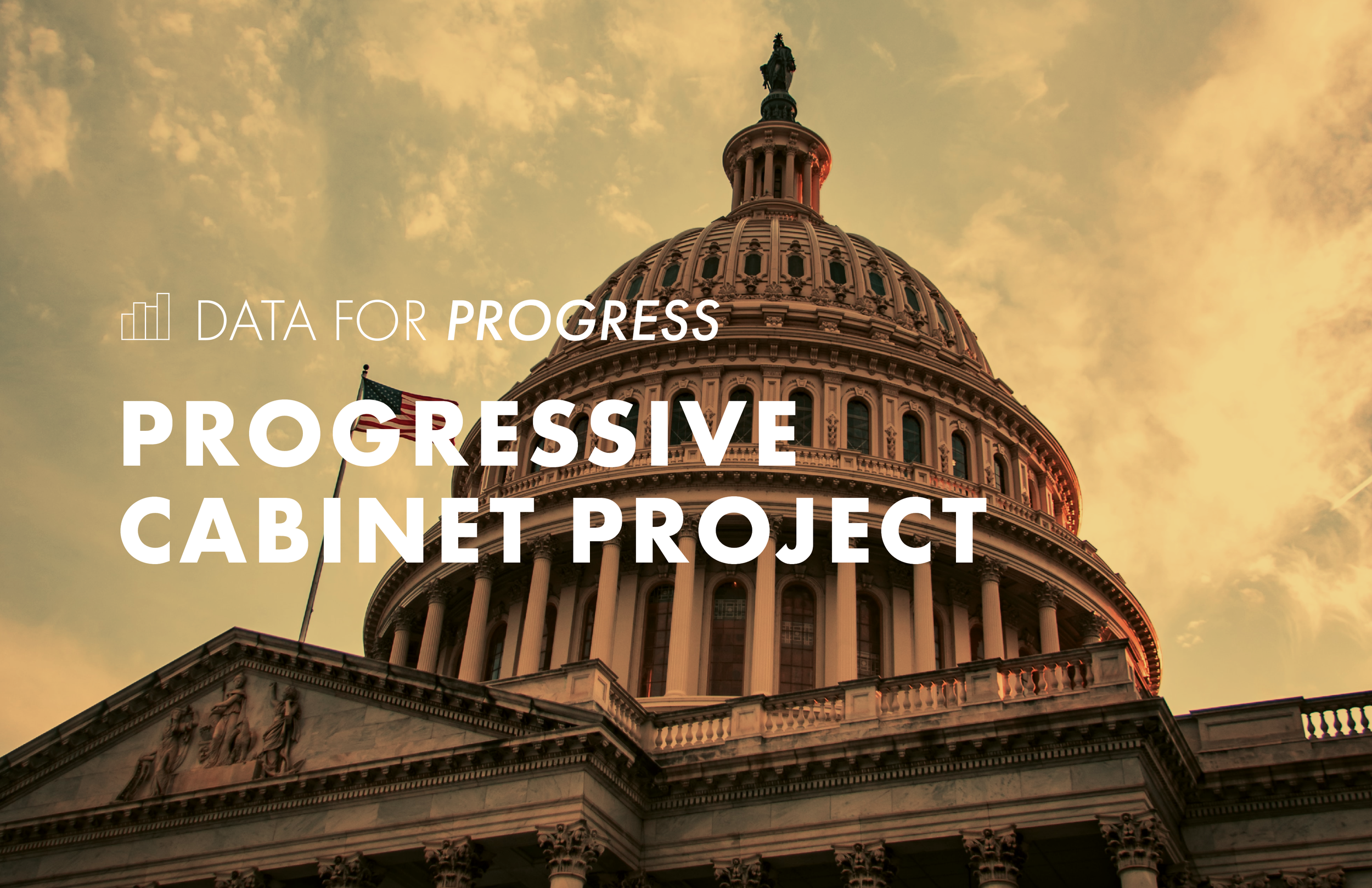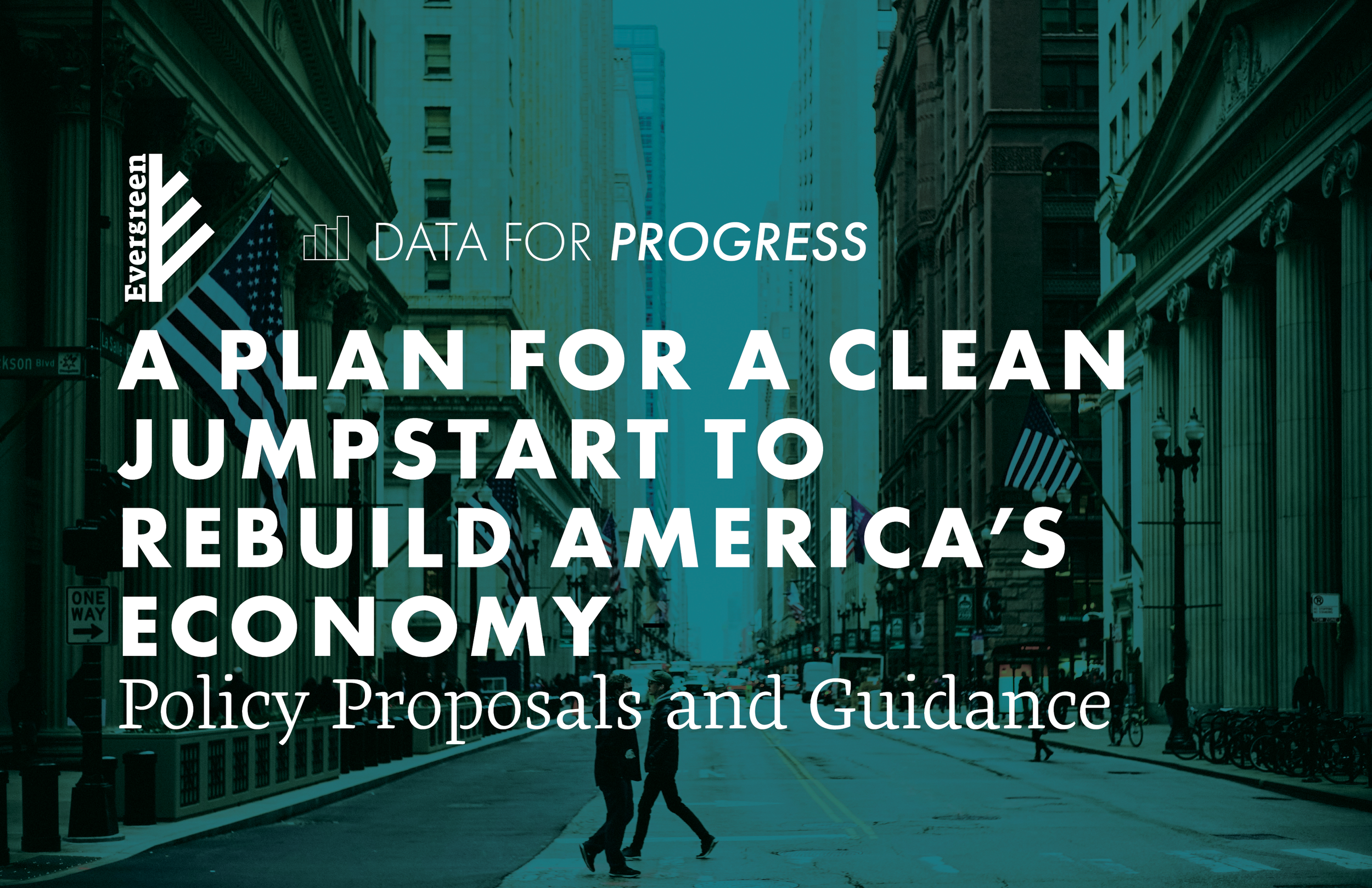Memo: Senator Elizabeth Warren is the Vice-Presidential Choice for Key Voters
By Danielle Deiseroth Climate Analyst, Data for Progress and Ethan Winter Analyst, Data for Progress
Executive Summary
Senator Elizabeth Warren remains the frontrunner among voters for the vice-presidential nomination, including among undecided and unenthusiastic voters
In a head-to-head matchup with Senator Kamala Harris, voters prefer Warren over Harris for the vice-presidential nomination by a six percentage point margin
Voters aged 18-29 that self-identify as Democrats prefer Warren over Harris by a 13 percentage point margin
With fewer than 100 days until the general election, voters are anxiously awaiting to learn who the campaign of the presumptive Democratic nominee, former Vice President Joe Biden, will choose as his vice-presidential nominee. Consistently, among the top choices for vice president is Senator Elizabeth Warren. For months, Data for Progress has been tracking how voters feel about Biden’s pool of likely nominees. As discussed in our June blog post, Warren enjoys support from voting groups that will be critical for a Biden victory in November. Our most recent polling shows that Warren remains the leading vice-presidential candidate for a number of these crucial voting groups, including undecided voters, unenthusiastic voters, and younger voters who self-identify as Democrats.
In a July poll, Data for Progress asked voters about the race for vice president from two different angles. First, we showed voters a list of the top contenders and asked voters to choose which candidate they prefer. Next, we narrowed the list of potential nominees and asked voters if they prefer either Warren or another top contender, Senator Kamala Harris, in a head-to-head comparison.
Overall, Warren narrowly edges out Harris as the preferred candidate for vice president. Among the full list of top contenders, 21 percent of all voters prefer Warren as the vice-presidential nominee, closely followed by 19 percent of voters who prefer Harris.
In a head-to-head matchup with Harris, however, voters prefer Warren by a larger margin: Fifty-three percent of voters prefer Warren, compared to 47 percent of voters who prefer Harris. Warren and Harris enjoy the same amount of support from voters who “strongly prefer” each candidate (16 percent each), but Warren enjoys the support of 37 percent of voters who “somewhat prefer” her, compared to 31 percent of voters who “somewhat prefer” Harris.
Among the full list of potential candidates, Warren emerges as the top candidate among voters who might swing between Biden and President Donald Trump. In order to examine this, we first asked voters whether they were “definitely” voting for Biden, “leaning” Biden, “leaning” Trump, or “definitely” voting for Trump. For those voters leaning towards either Biden and Trump, Warren is the most popular choice for vice president. Overall, 33 percent of voters leaning towards Joe Biden and 22 percent of voters leaning towards Trump prefer Warren as the vice-presidential nominee. That Warren performs well with voters who lean toward the president suggests Warren may have crossover appeal--not only could Warren mobilize core Democratic constituencies, but she also could bring new voters into the coalition.
In a head-to-head matchup between Warren and Harris, voters leaning Biden or Trump prefer Warren as the vice-presidential nominee. Fifty-four percent of voters leaning towards Trump and 58 percent of voters leaning towards voting for Joe Biden prefer Warren. However, Harris enjoys a narrow margin of overall support from the most loyal Biden supporters: Fifty-four percent of voters definitely voting for Biden prefer Harris. Meanwhile, 45 percent of voters who say they are definitely voting for Biden prefer Warren.
Warren enjoys substantial support from voters that lack enthusiasm for voting in the general election. Twenty-two percent of all voters who report they are either “Not enthusiastic at all”, “A little enthusiastic”, or “Somewhat enthusiastic” to vote in November prefer Elizabeth Warren among the full list of contenders. Harris emerges as the next leading contender among these voters, enjoying support from 16 percent of voters who report they are either “Not enthusiastic at all”, “A little enthusiastic”, or “Somewhat enthusiastic” to vote in November.
Warren is also the preferred choice among voters who express low enthusiasm to vote in November and self-identify as Democrats, Independents, and Biden supporters. Twenty-five percent of Democrats, 24 percent of Independents, and 33 percent of Biden supporters who report they are either “Not enthusiastic at all”, “A little enthusiastic”, or “Somewhat enthusiastic” to vote in November prefer Elizabeth Warren among the full list of contenders. Harris, the next leading candidate, enjoys support from 25 percent of Democrats, 11 percent of Independents, and 29 percent of Biden supporters who report they are either “Not enthusiastic at all”, “A little enthusiastic”, or “Somewhat enthusiastic” to vote in November. That said, Harris does enjoy more support than Warren from voters in these groups who report they are “very enthusiastic” to vote in November.
Among younger voters, Warren enjoys high levels of support. Voters aged 18-29 and 30-39 prefer Warren over any of the other top contenders. Twenty-one percent of voters aged 18-29 and 26 percent of voters aged 30-39 prefer Warren, compared to 12 percent of voters aged 18-29 and 21 percent of voters aged 30-39 who prefer Harris, the next leading contender. Warren also enjoys overwhelming support from voters aged 18-29 that self-identify as Democrats. Among the full list of contenders, 32 percent of Democrats aged 18-29 prefer Warren as the Vice Presidential nominee, compared to 17 percent support for Harris, the next leading contender.
In a head-to-head comparison of Warren and Harris, voters aged 18-29 support Warren over Harris by a 10-percentage-point margin, and voters aged 30-39 support Warren over Harris by a 5-point margin. Voters aged 18-29 that self-identify as Democrats prefer Warren over Harris by a 13-point margin.
Given her popularity among potential swing voters, unenthusiastic, and younger voters, Warren could drive voter turnout and increase enthusiasm around Biden’s candidacy if she were chosen as the vice-presidential nominee. These voting groups will play a critical role in Biden’s path to victory this November, and Warren has the ability to mobilize them to vote for Biden.
Methodology
From July 24 through July 25, 2020, Data for Progress conducted a survey of 1,318 likely voters nationally using web-panel respondents. The sample was weighted to be representative of likely voters by age, gender, education, race, and voting history. The survey was conducted in English. The margin of error is +/- 2.7 percent
Of the choices listed below, who do you think should be selected as the Democratic Party nominee for Vice President if Joe Biden wins the nomination for President?
Elizabeth Warren
Gretchen Whitmer
Kamala Harris
Karen Bass
Keisha Lance Bottoms
Michelle Lujan Grisham
Stacey Abrams
Susan Rice
Tammy Baldwin
Tammy Duckworth
Val Demings
Someone else
If the choice for the Democratic Party nominee for Vice President was between Senator Elizabeth Warren and Senator Kamala Harris, who would you prefer?
Strongly prefer Warren
Somewhat prefer Warren
Strongly prefer Harris
Somewhat prefer Harris











